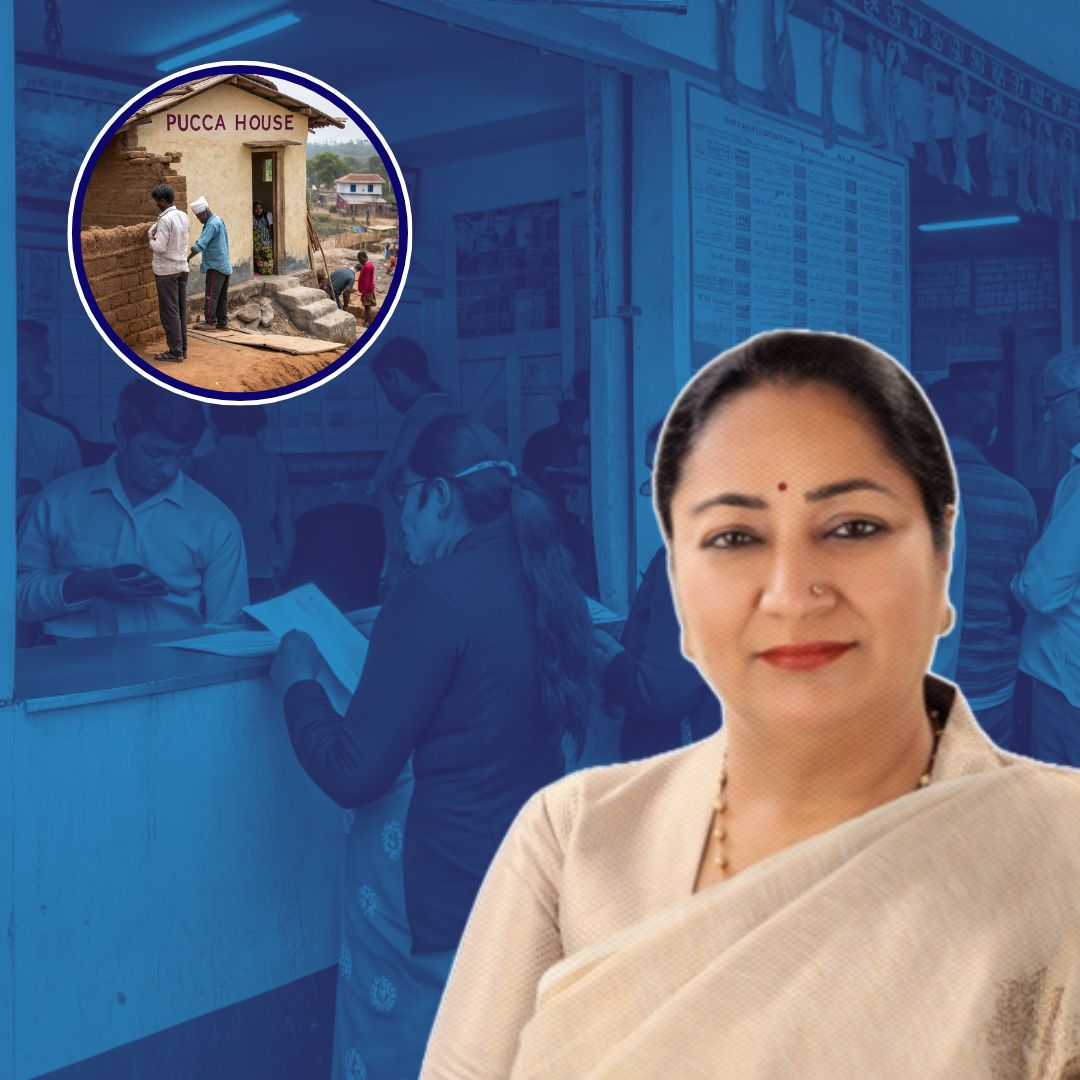Delhi Chief Minister Rekha Gupta’s recent announcement of Atal Canteens and housing initiatives marks a pivotal moment in the city’s approach to urban welfare.
With a focus on providing affordable meals and pucca houses to slum dwellers, these initiatives aim to transform the lives of thousands of underprivileged Delhiites. Here’s a detailed look at the plans, their significance, and the challenges ahead.
Affordable and Nutritious Meals at ₹5
On August 15, 2025, during her Independence Day speech, CM Rekha Gupta unveiled the Atal Canteen scheme. Inspired by successful models in Tamil Nadu and other states, this programme promises to offer nutritious meals at substantially subsidised rates, idli at ₹1 and sambar rice at ₹5.
The government plans to establish 100 canteens across Delhi, particularly in areas with high footfall such as markets and slum clusters. These centres are designed to serve daily wage workers, gig economy labourers, and impoverished families who often face food insecurity.
CM Gupta highlighted the critical importance of this initiative, stating, “No one in Delhi should go hungry while working hard to make ends meet.” The canteens will not only provide affordable food but also act as community hubs, promoting better nutrition and social inclusion.
Officials have earmarked ₹100 crore for the initial phase of this project, reflecting the administration’s commitment to tackling urban hunger head-on.
Pucca Houses: Securing Dignity and Stability
Alongside affordable meals, the Delhi government has pledged to provide pucca houses to all slum dwellers, replacing unsafe and temporary shelters. This move responds to long-standing demands for dignified urban housing and aims to ensure that every resident has a permanent, secure home.
These houses will not be mere structures but symbols of dignity and social justice. CM Gupta said, “Providing a pucca house isn’t just about shelter; it’s about guaranteeing rights, security, and a future.”
Construction is expected to begin by the end of this year in select resettlement areas, with the government employing transparent, inclusive processes to identify beneficiaries and locations.
Context and Challenges
Delhi has historically struggled with food insecurity and inadequate housing among its urban poor. Surveys have highlighted that a significant percentage of households in slums regularly skip meals due to financial hardship. Previous subsidised food initiatives faced criticism for lacking scale, accessibility, and infrastructure robustness. Similarly, housing schemes have often been marred by delays, corruption, and incomplete coverage.
By combining affordable nutrition with permanent housing commitments, the current administration proposes a holistic approach to urban welfare. Yet, social activists emphasise the need for strong oversight mechanisms to ensure the promises translate into real-world impact.
Implementation gaps, bureaucratic hurdles, and the sheer scale of Delhi’s vulnerable population present considerable challenges, but a transparent and accountable governance framework could make these initiatives transformative.
The Logical Indian’s Perspective
At a time when urbanisation tends to exacerbate inequalities, Delhi’s focus on affordable food and housing demonstrates a commitment to empathy and social justice. These measures reflect the principle that development must include those often marginalised in city growth narratives.
While the announcement is bold and inspiring, its success relies on meticulous execution and active citizen engagement. The Logical Indian sees these initiatives as a step forward in building an inclusive, compassionate society where basic rights are upheld for all.
हम दिल्ली में अटल कैंटीन खोलने जा रहे हैं, जहां ₹5 में श्रमिक भाइयों को पेट भर खाना मिलेगा।
— CMO Delhi (@CMODelhi) August 15, 2025
-मुख्यमंत्री रेखा गुप्ता pic.twitter.com/0RDs0QMff0












